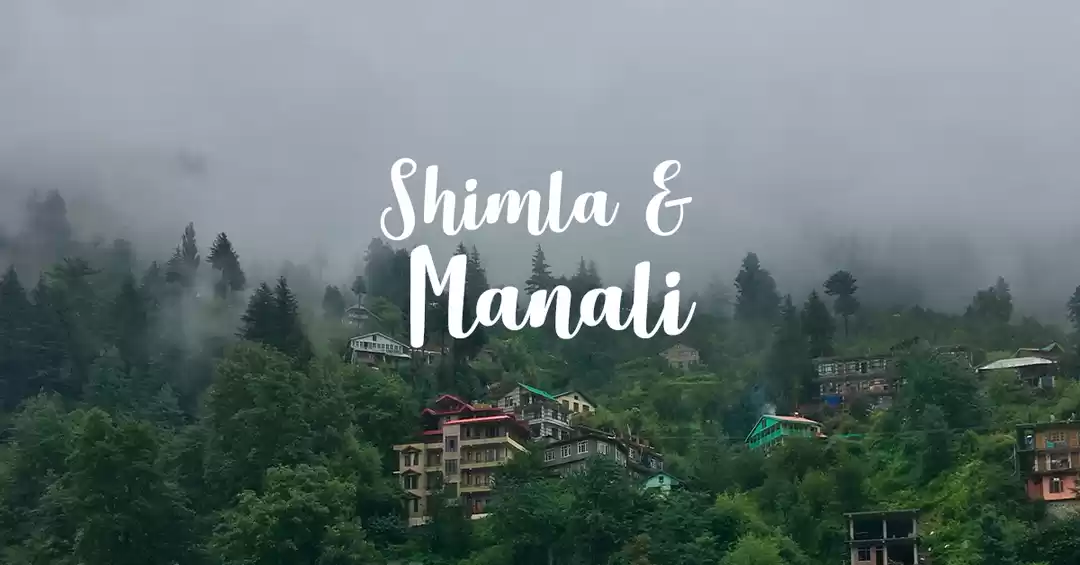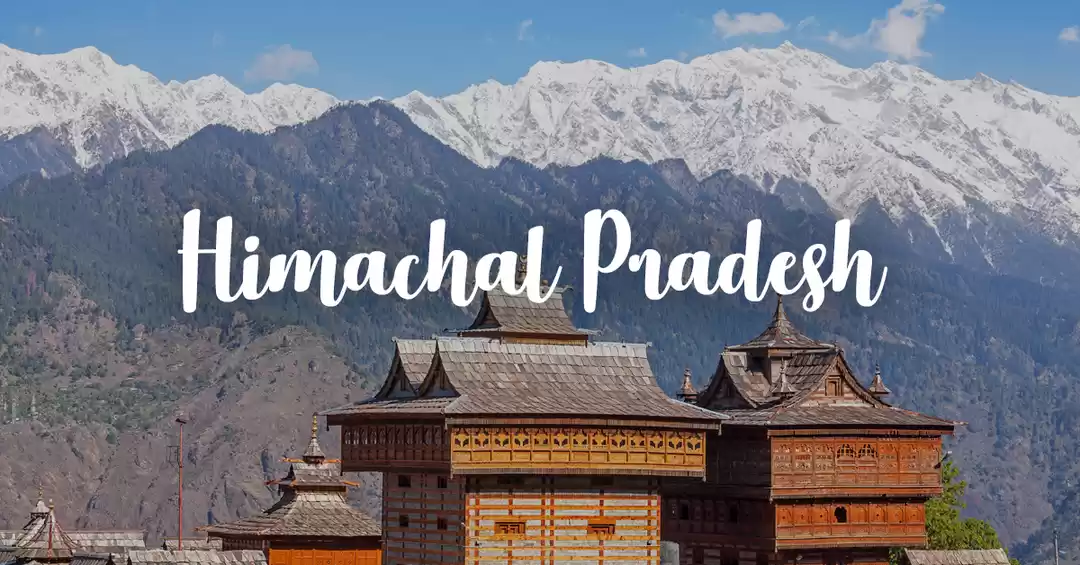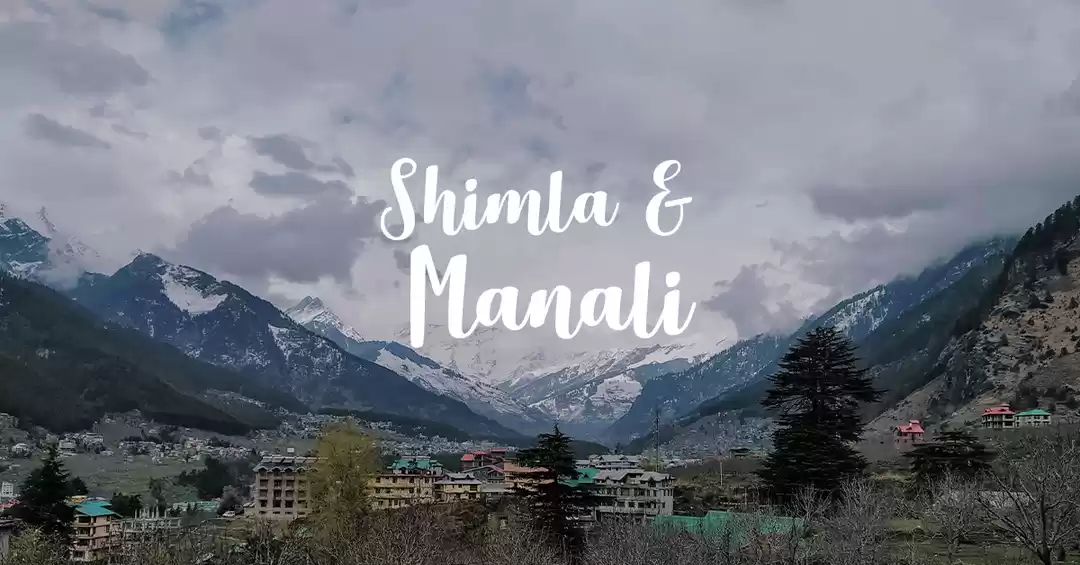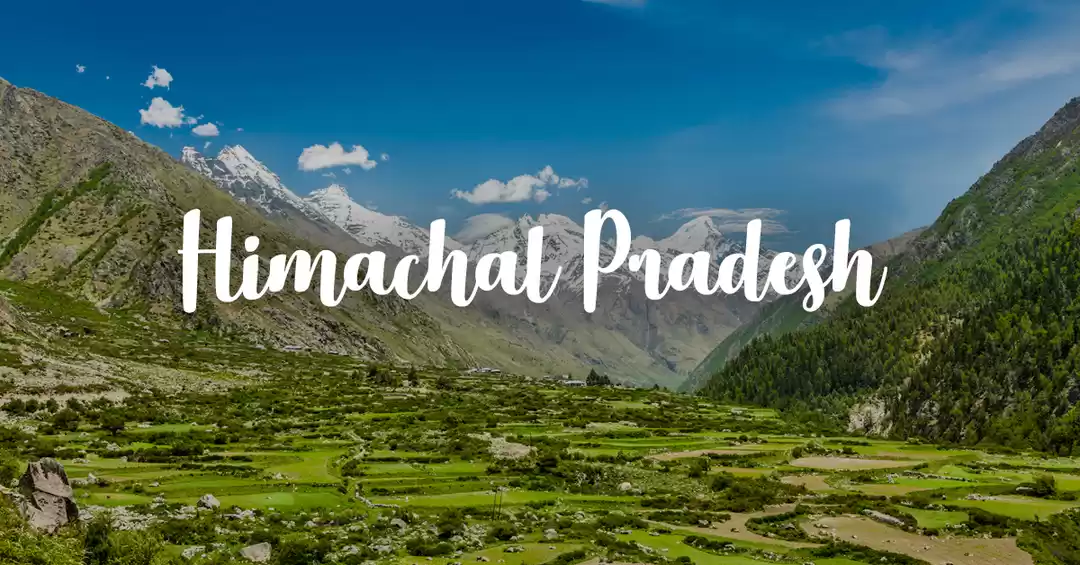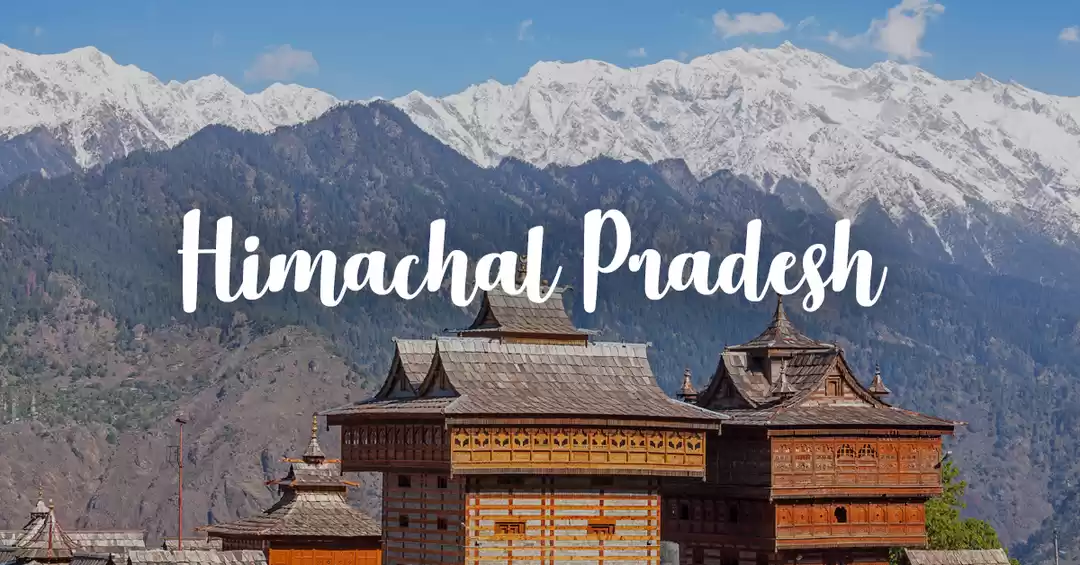
The Masrur Temples, also referred to as Masroor Temples or Rock-cut Temples at Masrur, is an early 8th-century complex of rock-cut Hindu temples in the Kangra Valley of Beas River in Himachal Pradesh, India.
According to local legend, the Pandavas from the Mahabharata lived here during their "incognito" exile and constructed this temple. However, their identity and location were eventually revealed, prompting them to move elsewhere. This is believed to be the reason the temple complex remains unfinished.

I began my journey from Dharamshala, traveling 47 kms over an hour and a half to reach the Masrur Temple. Upon arrival, you'll need to purchase tickets online by following the straightforward instructions provided at the entrance. After completing the ticketing process, you are granted entry.
Lacking an archaeological background, I may not fully capture the magnificence of the extraordinary stone carvings. As you begin to explore the temple, you are instantly transported back in time. Each carving is meticulously crafted, depicting various gods and elements of that era. Past earthquakes have significantly impacted the structure, leaving many magnificent broken pieces scattered around the temple.

The main sanctum has nine seated deities. The centre one is Shiva, and with him are others including Vishnu, Indra, Ganesha, Kartikeya and Durga. The shrines around the central shrine feature five Devis in one case, while other shrines reverentially enshrine Vishnu, Lakshmi, Ganesha, Kartikeya, Surya, Indra and Saraswati. The avatars of Vishnu such as the Varaha and the Narasimha are presented in the niches. In the ruins have been found large sculptures of Varuna, Agni and others Vedic deities. The temple also includes fusion or syncretic ideas revered in Hinduism, such as Ardhana Ishvara (half Parvati, half Shiva), Harihara (half Vishnu, half Shiva) and a three faced trinity that shows Brahma, Vishnu and Shiva in one sculpture. (courtesy: https://en.wikipedia.org/wiki/Masrur_Temples)





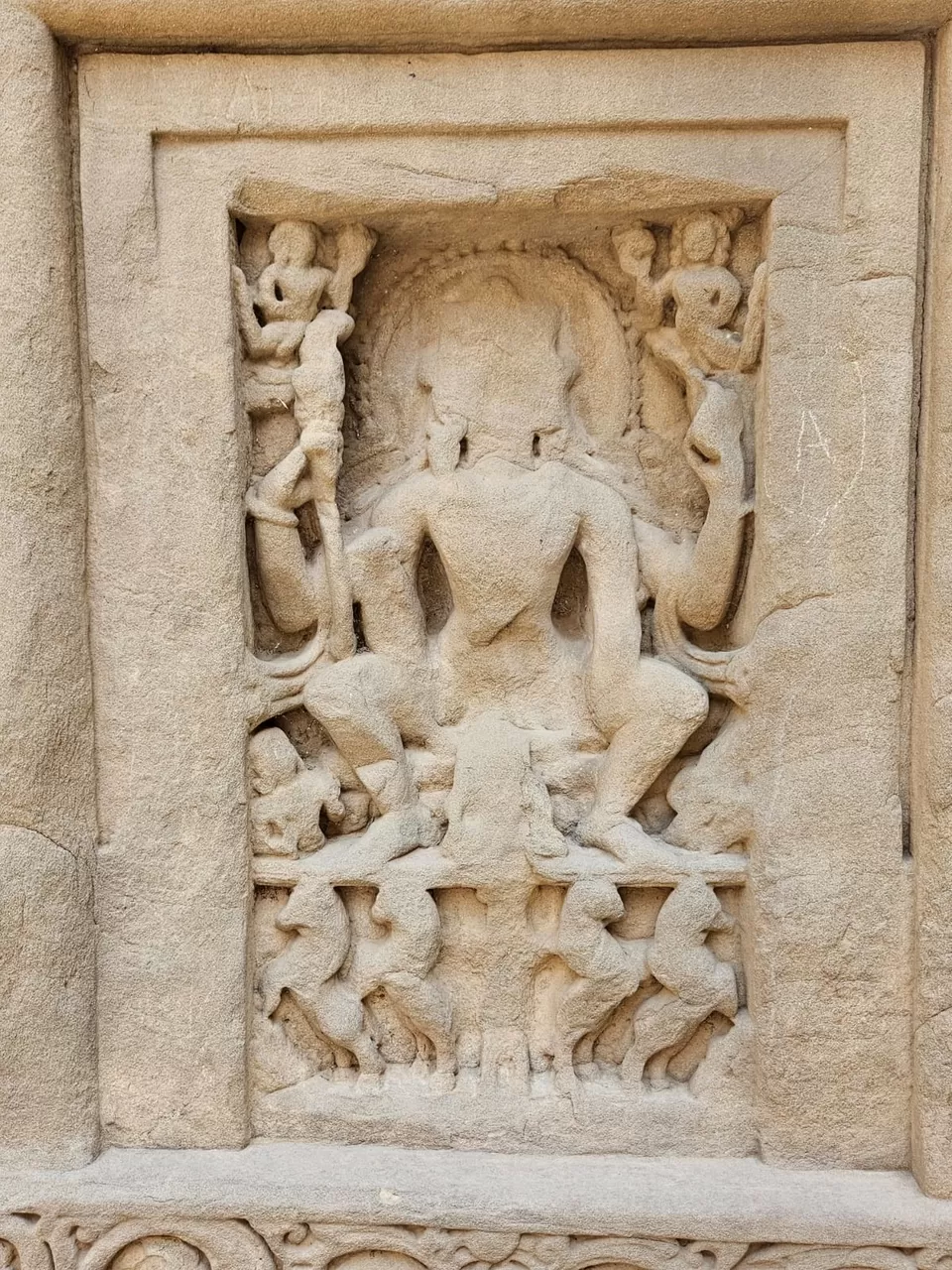

You walk through the structure to reach the centre, where you find the medieval idols of Lord Rama with Sita and Laxman. We were fortunate to encounter few visitors, allowing us to sit peacefully near the deities. With my eyes closed, I could feel the powerful and positive aura around me. It was a truly eternal experience to be there and absorb the vibe in the air.


The temple complex features a sacred pool located on its east side. If you walk around to the far side of the pool, opposite the temple, you'll be amazed by the stunning reflection of the entire structure in the water.
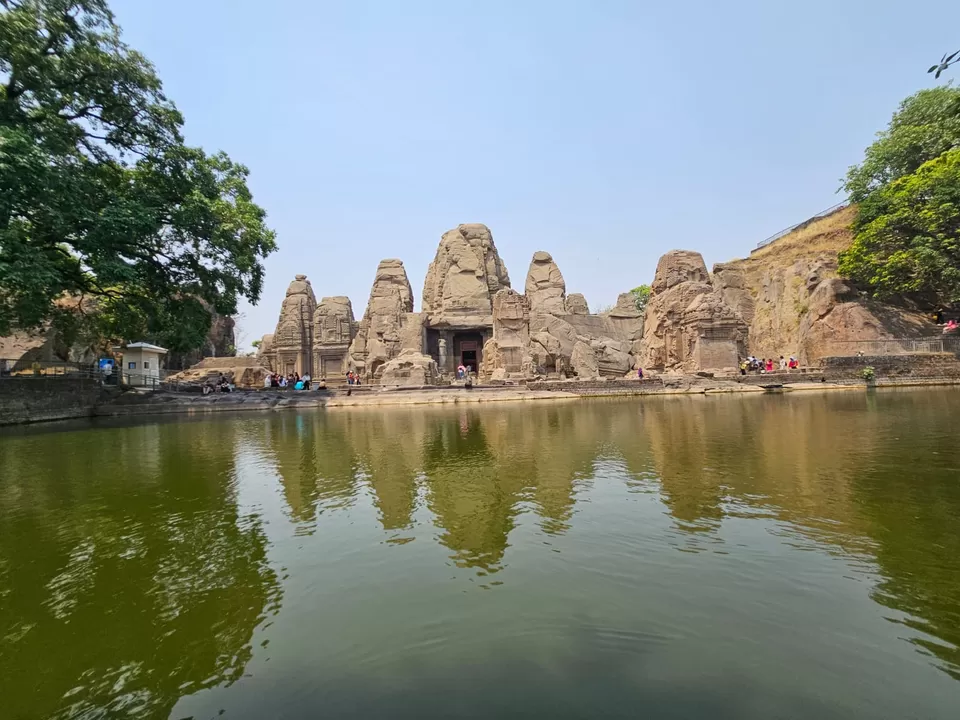
Once you are done with the visit to this archaeological wonder, don’t forget to have a sumptuous local food at Mukesh Fast Food (around the parking lot).




